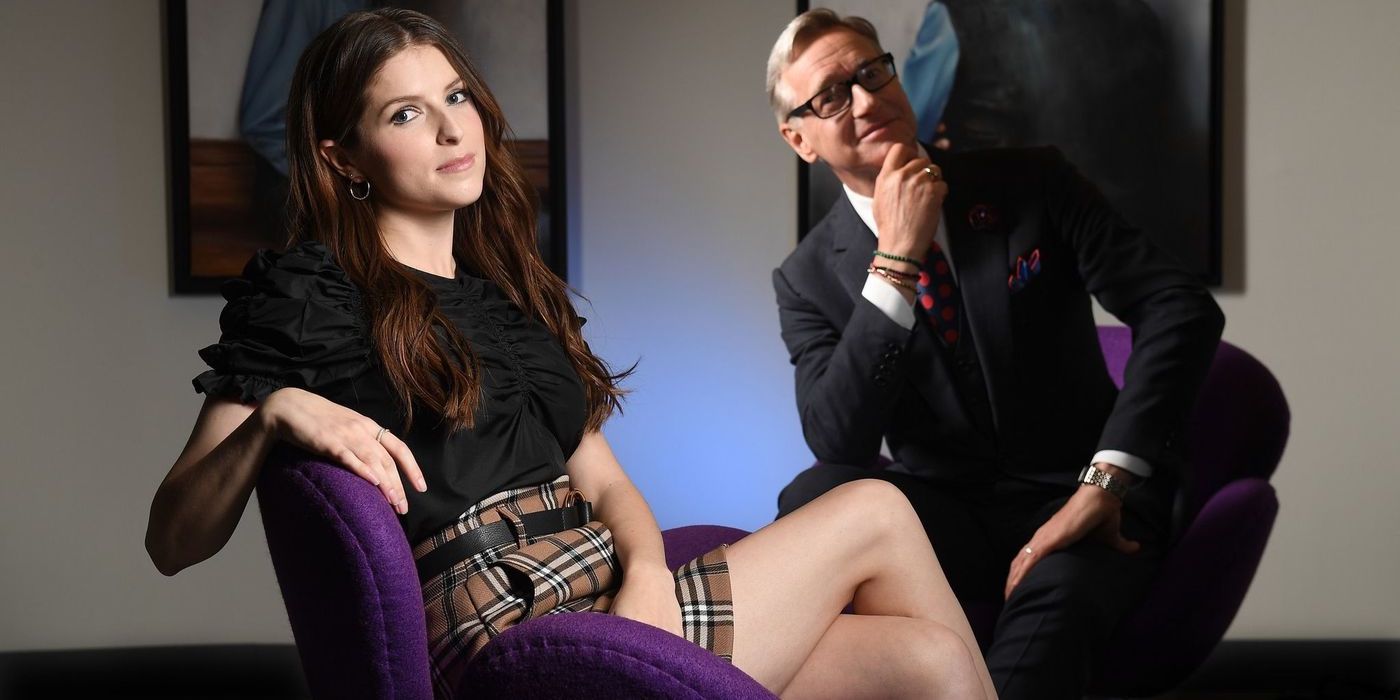
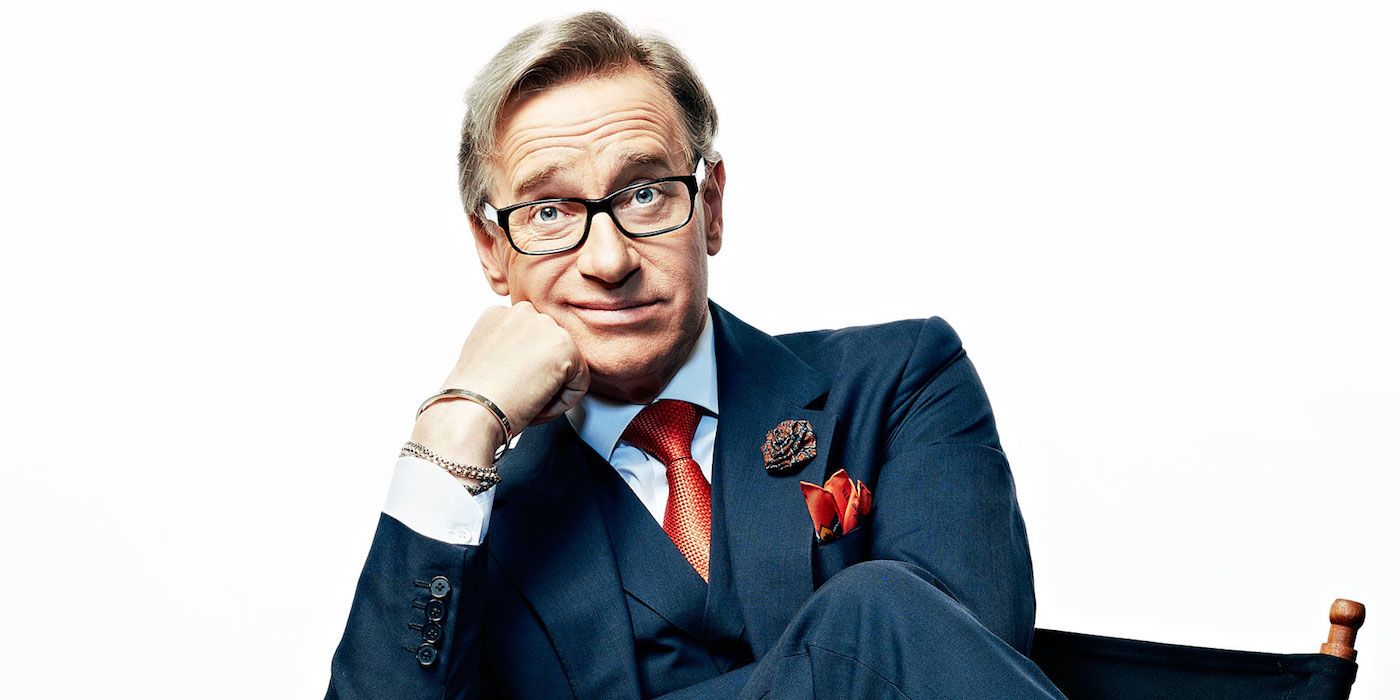
Paul Feig is as famous for hilarious, female-driven comedies like Bridesmaids and Spy as he is for wearing wonderfully dapper suits to work every day, a trait he borrowed from film directors of the past, like Alfred Hitchcock and Howard Hawkes.
The director's latest film, A Simple Favor, opened earlier this year and went on to earn more than $94 million, nearly five times its reported budget of $20 million. Anna Kendrick stars as Stephanie, a young widow and single mother who has her life turned upside down by Emily, the mysterious femme fatale played by Blake Lively. When Emily disappears under mysetrious circumstances, secrets are exposed, sexy and provocative situations play out, and riddles are unraveled as the dangerous intrigue ramps up to a fever pitch!
Related: Read Screen Rant's A Simple Favor Review
We spoke to Paul Feig about his work on A Simple Favor, from being influenced by 48 Hrs, making sure the film received an R rating, and how he always manages to get unprecedented performances from actors who play against expectations.
A Simple Favor is out on Blu-ray, digital, and DVD now, and Feig's next film, Last Christmas, is slated for release in November 2019.
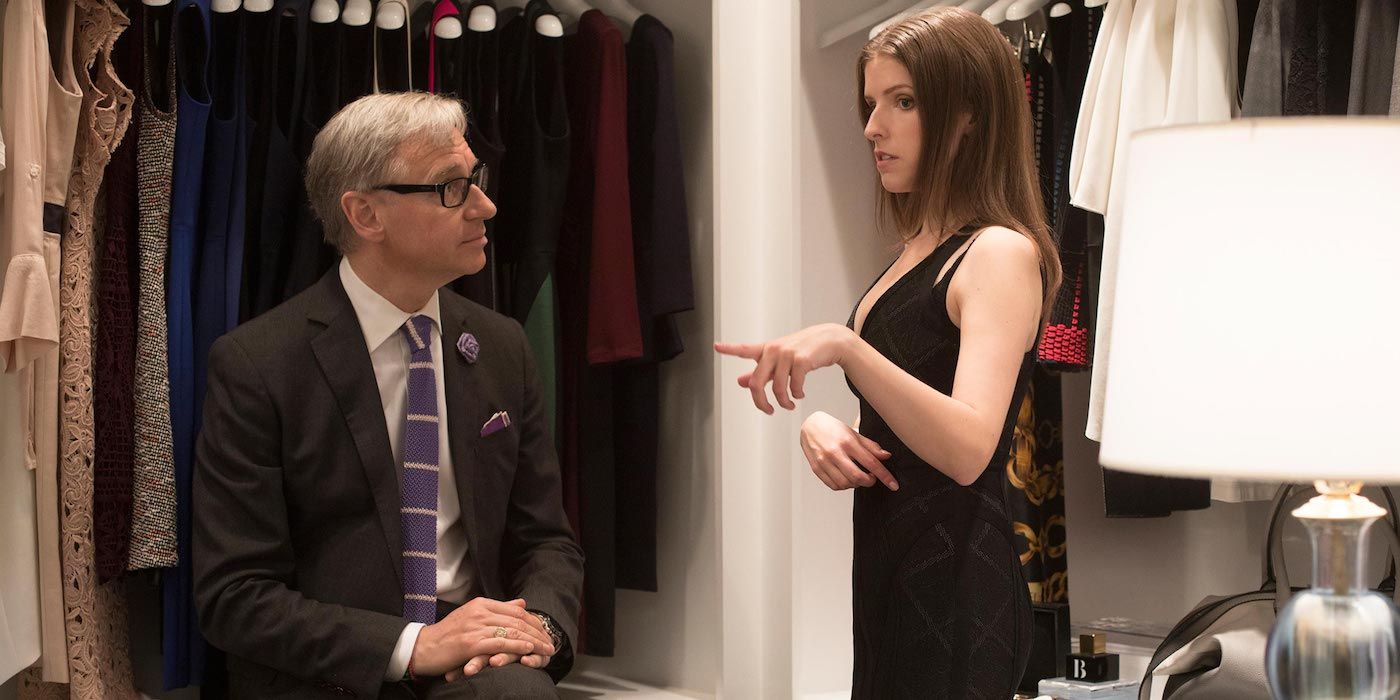
The DVD of A Simple Favor is out today; are you having a party?
(laughs) No, I'm shooting my new movie (Last Christmas), actually! We just wrapped today. We just finished the day up. I'm just happy to have A Simple Favor out. I love it, I'm very proud of it, but I wish more people had seen it. Now, hopefully, they will!
Can you tell me a bit about how you got attached to this film?
This film was interesting because it was sent to my company (Feigco Entertainment) to produce, and I liked it so much. I had been wanting to do a Hitchcockian thriller, but it's never been a genre I felt I could write, so I just kind of had to wait until one finally came in, and when it did, I just loved it! It was dark and had all these great thriller elements to it, but also had room for black comedy. For me, that element came mainly from Anna Kendrick's character, Stephanie. She's a classic, my kind of character, sort of a nerdy person who is trying to figure out their place in the world, but it was a much more adult telling of that story from the type of character I normally do.
In the bonus features on the home video release, you describe A Simple Favor as "A Fun Thriller." It's got such strong film noir elements and a 1960s French sensibility. It's an R-rated movie for adults, which I find refreshing.
I wanted to make a "movie for grown-ups," as I call it. I do a lot of R-rated movies, but for me, they're more about the ability to be able to swear and shock people with things. That kind of route. Thrillers are inherently kind of absurd at the end of the day, with things happening that are so over the top, but at the same time, you have to take it seriously. For it to really resonate, there has to be real stakes, even if the stakes are equally over-the-top. I knew we had to lean into the dark elements of it. We couldn't water it down. That's what I appreciated when Lionsgate came on board to do it; they embraced that. We were at a different studio originally, who got nervous about it and wanted us to water some things down. But this has to be a movie for adults, it's a grown-up movie.
I can't imagine this movie without the word "Brotherfu**er."
Definitely! You need that there! It's got a half-brother incest storyline. It needed to have all that. It was just really fun to do it, and it just made the performances so much fun, because they got to play these extreme ends of reality; it's just fun to keep surprising people. That was my goal; I always wanted to make a movie that just kept surprising people. Those are my favorite kinds of movies, where I don't really know what's happening until the very end. I think I do, but I don't! Some critics took us to task, saying, "the ending is too crazy!" But in my book, people would be madder if they were like, "Yeah, I figured it out an hour ago." I basically made the kind of thriller that I like.
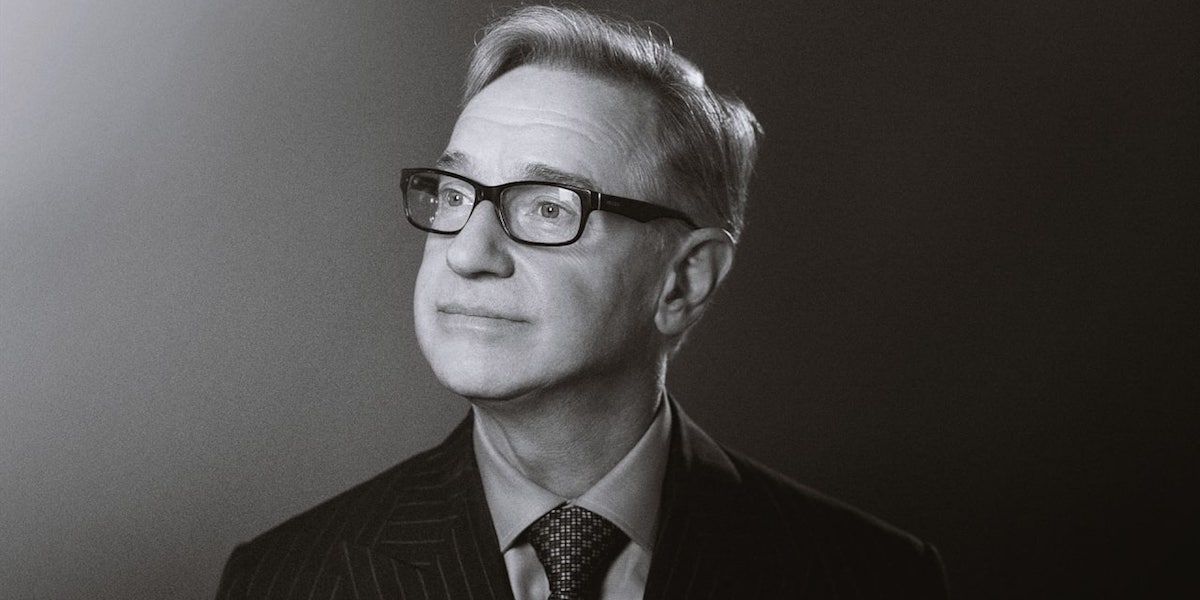
This movie kind of reminds me of movies like 48 Hrs and Midnight Run, in that it just refuses to be pigeonholed into any one genre. Can you tell me a bit about the film's tap-dancing style and what it took to nail that down?
It's funny you bring up 48 Hrs. Those movies are such big influences on me because of the tone and the tonal tightrope they walk. I'll never get over that. In 48 Hrs and Beverly Hills Cop, you go in, "Oh, it's Eddie Murphy, it'll be a really fun comedy," and then there's executions and horrible murders and you're just like, "holy sh**!" because the stakes are so high, but that just makes the comedy sharper because you're invested in this real, emotional situation. For me, I've just always taken that to heart. While movies like The Heat and Spy are much more comedic, I still try to walk that tightrope where something dangerous can happen, where something fu**ed-up can happen. With this one, it was just taken to the next level; the comedy has to come from the characters. That was the great thing about Anna's character. The way she reacts to things is so funny because she's such an awkward person, and the thing with Blake (Lively's character) is that she's such a sociopath that she can just say these things and be so headstrong in that way. It's treating heightened things dead serious. The characters are never playing for comedy. They're just extreme versions of characters we know in our lives. We know people who are over-the-top kind of people, but it's who they really are. I'm making sure that we're always getting the right tone where the actors love and respect the characters. I think where things fall apart is when actors or director look down on the characters and make fun of the characters. Then I think the tone just falls apart.
You definitely have a reputation for understanding actors and characters. You've turned actors into movie stars. I don't know if any show has created more A-listers than Freaks and Geeks, and Melissa McCarthy was nominated for an Oscar for Bridesmaids. You bring something out in your actors, and I think I see that magic here with Henry Golding and Rupert Friend, who is already one of my favorite actors, but I didn't even recognize him when he first appeared! What's your approach with actors that makes you such an "actor's director?"
What I do with actors is, I just kind of get to know them and see what's funny about them. I don't even try to audition actors. I had to audition Henry just because the studio didn't know who he was because Crazy Rich Asians hadn't come out yet. He really had to sing for his supper on that one, because I really wanted him in the movie, but they didn't know him so they kept making him come back to do chemistry reads with Blake and he was great every time.
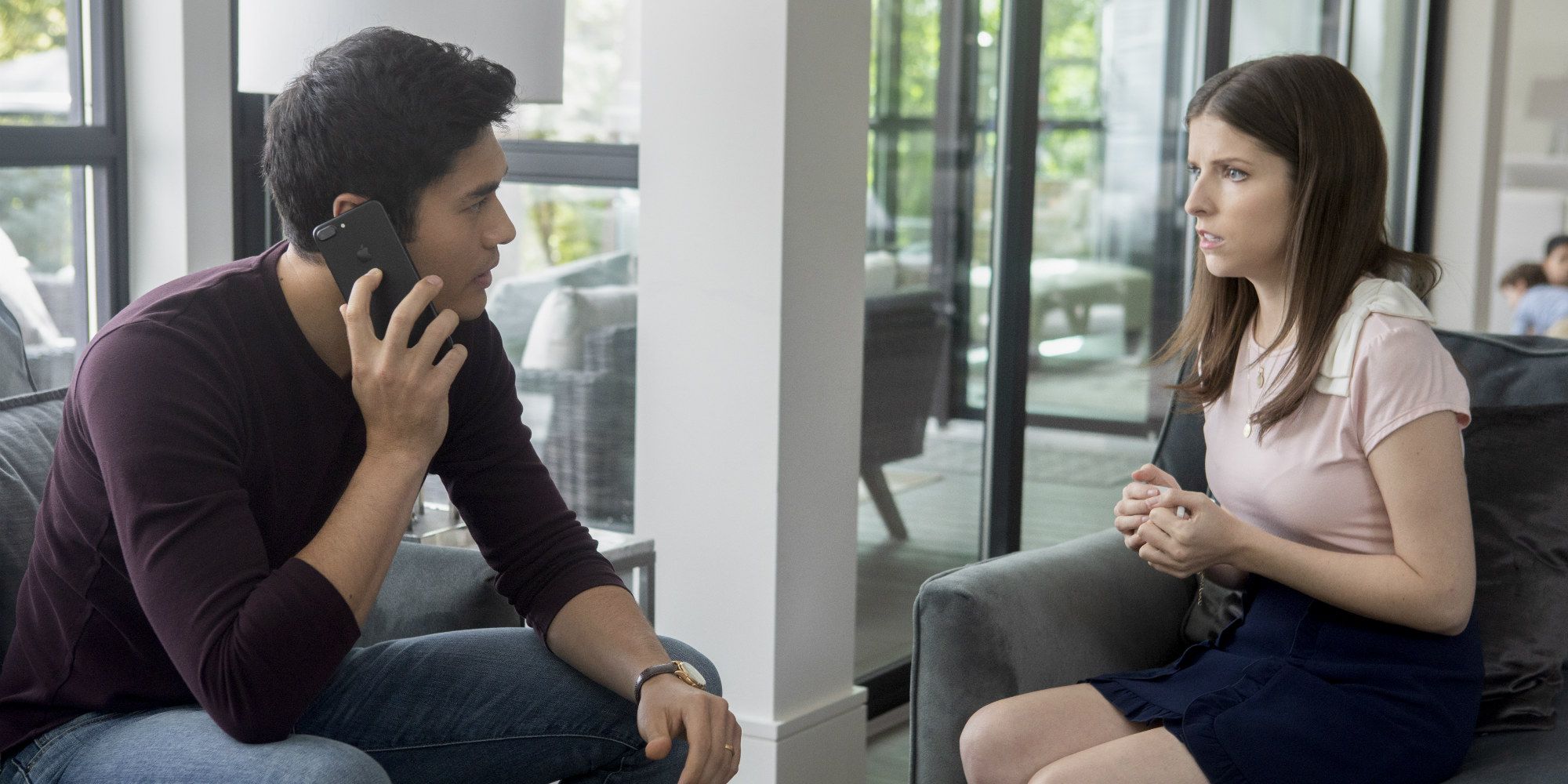
I try to find that thing in an actor that they don't normally get to show. With Rupert, it was really fun because that was not a character you've seen him play. But I'll be honest: with Rupert, we sent him the script to see if he wanted to do anything in the movie, and he came back saying he wanted to play that role, and I was as surprised as anybody else! I was like, "Really? You want to play him?" But that's my happiest moment, when someone wants to go so against type. The audience is gonna be really surprised by what they can do! With Rupert, he just understood it when I talked to him about it. He knew how he wanted to play that. He wanted to play it very real, and that's all I ever ask of anybody, to play it real. Even if they're absurd, to play the most real version of absurdity you can. It was fun with Chris Hemsworth in Ghostbusters, with Jason Statham in Spy. I love to surprise the audience, but I also feel bad for actors who get pigeonholed. Once I get to meet them, I learn they're really funny, but they're always playing serious roles and don't get to show off that humor. That's like catnip to me! I like to look at their past body of work and see what expectations an audience has of them, and then figure out how to play with that, to either subvert it or play into it.
There is a lovely featurette on the DVD about working with child actors. I just interviewed Sean Anders, director of Instant Family, and there's a lot of scenes with kids in that. He talked about having such a positive experience working with kid actors, so now I bring the question to you: what's it like working with kids? Is it the same or different from working with adults? How do you approach those scenes?
If you cast the right kids, it's a lot easier. I think you just have to bring a different energy when you're working with kids. Even though their instincts are right, you sometimes have to build a performance and guide it more than you will with an adult performance. This was an interesting one, because everybody kept saying, "cast the kids older, it's gonna be easier if they're 8 or 9 instead of 5 or 6" because they can work better hours and are more reliable as actors. But for this, they had to be younger, that age where you don't know if they're lying or not, if you don't know if they're making stuff up and living in a kid fantasy land. I knew they had to be young. But then it's just the casting process, of finding them and figuring out what they bring to the table. You get the kids who come in and really know how to do the character or even are the character, and it's great. Ian Ho, who played Blake's son, he came in and just was that kid. If you cast the right kids, you're in pretty good shape.
Thanks!
More: A Simple Favor Ending's Reveal and Many Twists Explained
from ScreenRant - Feed https://ift.tt/2A4wj9Q

0 Comments